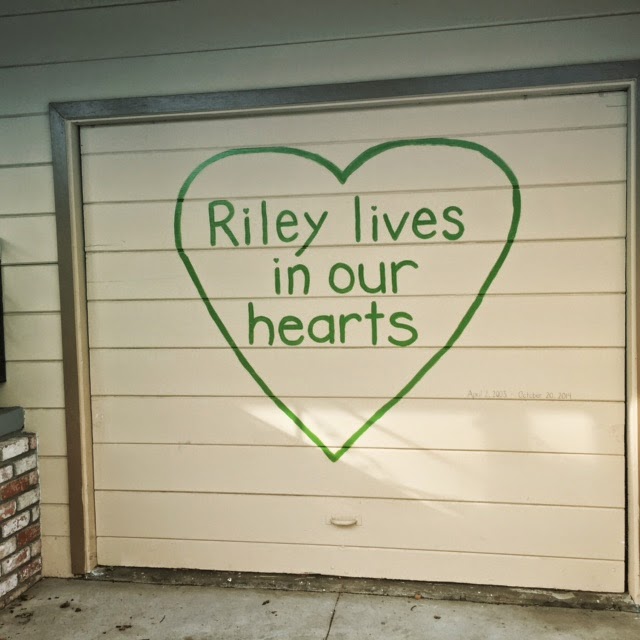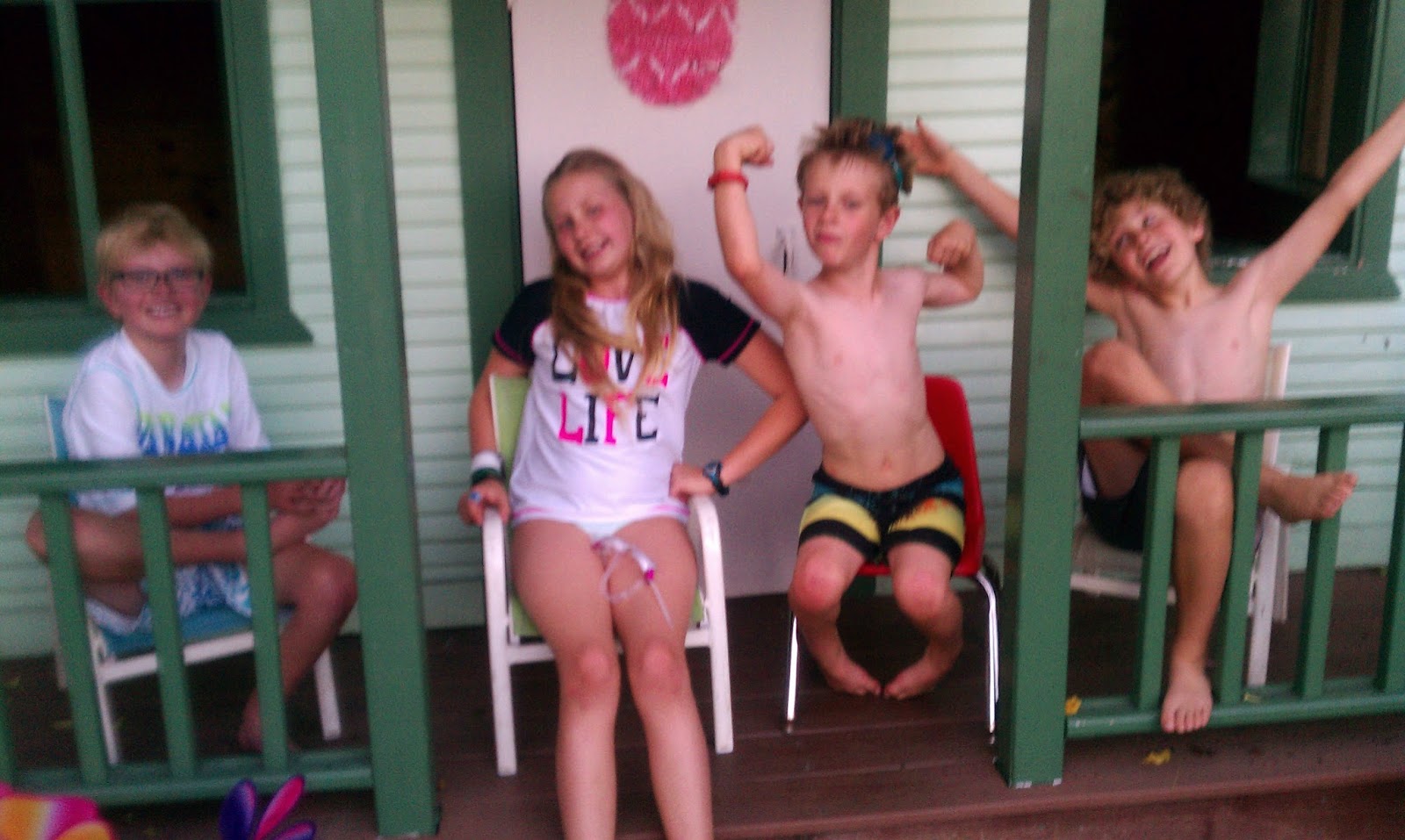 |
| Riley memorial at Pulgas Ridge |
Not long into my pedicure, a woman was seated to my right. Her young daughter was seated to my left. They chatted about their day and the brother at school and I decided to use that moment as an opportunity to say out loud that my son had died. I could practice saying it to this stranger. I could ask her about her kids and we’d talk about our children, so normal.
“How old is your son?” I asked during a lull in their conversation, wondering if he knew Riley or about him. “And does he go to Brittan Acres?” She said he was about the same age as C, but goes to a different school. Like the moment before a falling glass meets the ground, I knew our conversation was about to burst into tiny shards of shattered thoughts. I set it up and waited for the impact, the mess of my reality. “Do you have other children?” she asked. “I used to have a 6th grader,” I muttered. That was all I managed. Once I said it out loud, I didn’t know how to say anything else. Honestly, I wasn’t even sure she heard me because I said it in what felt like a whisper, forcing those broken words from my lips. And the words felt so jumbled as they fell, that I wasn’t sure—even if they were audible—that they weren’t nonsensical.
I wanted to try speaking my truth in a way that made it sound normal, given that it is anything but normal. She was my guinea pig. She was silent after I spoke, we both were. Our conversation was broken, jagged, a messy beast to slowly back away from. The fact that was I was even getting my nails done felt so wildly inappropriate. How could I possibly be getting my nails done given that my son had died? How could I possibly do something so frivolous given that something so profound had happened? I felt ashamed.
A few minutes into the silence, the nail technician moved me to a different seat so that my toes could dry under the tiny foot fans. Once they were completely dry, I thanked her for taking care of my feet. Then I slumped out of the shop avoiding eye contact with the mom who I envisioned was on the verge of shouting at me: “Your son just died and you’re getting your nails done?!”
That awkward encounter played in my head over and over. A couple of weeks later I got an email from that stranger. She said in her message that she had recounted our interaction to a friend and that her friend replied: “You met Riley’s mom,” and pointed her to this blog. She told me she wished she’d given me a hug that day. Her message included a virtual hug. “No big words,” she wrote, “just know a total stranger has your heart and mind in her prayers.” Her note was filled with compassion. And she didn’t judge me. Quite the contrary. She wrote: “AND I thought how WONDERFUL it is that you are letting other people take care of YOU. Whatever it is I would imagine each part of YOU needs nourishment—your heart, your mind, your feet, your soul!!!”
I want to believe that the chance encounter that led to that email from a stranger was the universe’s way of saying it’s okay to take care of myself. It’s okay to leave the house. It’s okay to have my nails done, go for a hike, drink a latte in a coffee shop. Maybe no one is judging me even though it feels that way. I suspect my biggest obstacle, the biggest critic, the most judgmental person approving and disapproving of how I spend my time as I try to learn how to move among humans who haven’t lost children—sadly, is me.










